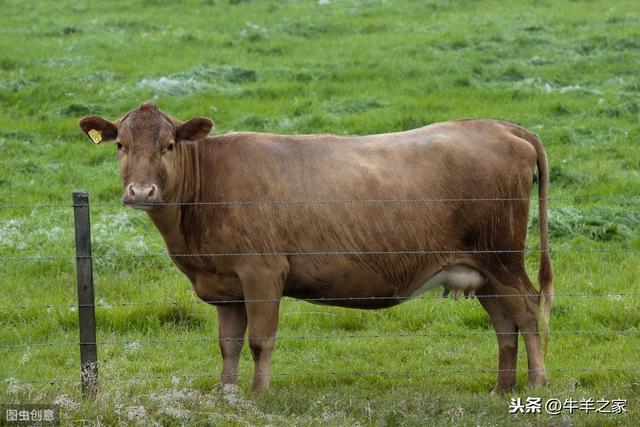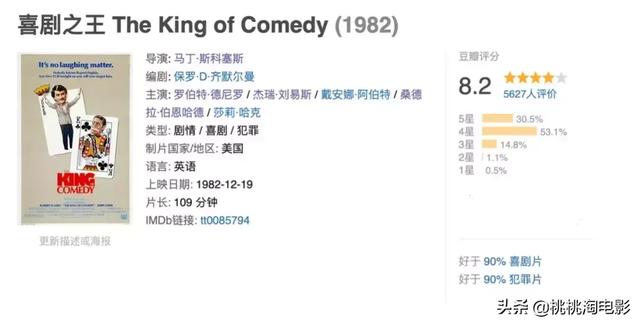如何防范新型肺炎的英语(关于春节关于新型肺炎)
结合春节、新型肺炎等话题,作为英语课,能给学生们带来一些怎样不一般的知识呢?
一、新型肺炎
1.英文阅读
春节期间沸沸扬扬的冠状病毒新型肺炎问题,完全可以作为一份阅读材料:
(CNN)
A new Chinese coronavirus, a cousin of the SARS virus, has infected more than 200 people since the outbreak (爆发) began in Wuhan, China, in December. Scientist Leo Poon, who first decoded the virus, thinks it likely started in an animal and spread to humans.
"What we know is it causes pneumonia (肺炎) and then doesn't respond to antibiotic(抗生素) treatment, which is not surprising, but then in terms of mortality (死亡率), SARS kills 10% of the individuals," Poon, a virologist(病毒学家) at the School of Public Health at The University of Hong Kong, said.
The World Health Organization offered guidance to countries on how they can prepare for it, including how to monitor for the sick and how to treat patients.
Here are seven things you should know about a coronavirus.

What is a coronavirus?
Coronaviruses are a large group of viruses that are common among animals. In rare cases, they are what scientists call zoonotic[ˌzəʊəˈnəʊtɪk](人畜共患病), meaning they can be transmitted from animals to humans, according to the US Centers for Disease Control and Prevention.
Coronavirus symptoms(症状)
The viruses can make people sick, usually with a mild(轻度) to moderate(中度) upper respiratory tract illness(上呼吸道疾病), similar to a common cold. Coronavirus symptoms include a runny nose, cough, sore throat, possibly a headache and maybe a fever, which can last for a couple of days.
For those with a weakened immune system, the elderly and the very young, there's a chance the virus could cause a lower, and much more serious, respiratory tract illness like a pneumonia or bronchitis [brɒŋˈkaɪtɪs](支气管炎).
There are a handful of human coronaviruses that are known to be deadly.
Middle East Respiratory Syndrome(中东呼吸综合征), also known as the MERS virus, was first reported in the Middle East in 2012 and also causes respiratory problems, but those symptoms are much more severe. Three to four out of every 10 patients infected with MERS died, according to the CDC.

Severe Acute Respiratory Syndrome(严重急性呼吸综合征), also known as SARS, is the other coronavirus that can cause more severe symptoms. First identified in the Guangdong province in southern China, according to the WHO, it causes respiratory problems but can also cause diarrhea [ˌdaɪəˈriə](腹泻), fatigue (疲劳), shortness of breath, respiratory distress (呼吸窘迫) and kidney failure (肾衰). Depending on the patient's age, the death rate with SARS ranged from 0-50% of the cases, with older people being the most vulnerable.
How it spreads
Viruses can spread from human contact with animals. Scientists think MERS started in camels, according to the WHO. With SARS, scientists suspected civet cats (狸猫) were to blame.
When it comes to human-to-human transmission of the viruses, often it happens when someone comes into contact with the infected person's secretions [sɪˈkriːʃ(ə)n](分泌物).
Depending on how virulent [ˈvɪrələnt] (有毒的)the virus is, a cough, sneeze or handshake could cause exposure. The virus can also be transmitted by touching something an infected person has touched and then touching your mouth, nose or eyes. Caregivers (护理人员) can sometimes be exposed by handling a patient's waste, according to the CDC.
二、春节词汇
当然,也可以让学生们尝试着写一写春节期间的见闻、经历。明老师为大家整理了以下一些常用的春节相关词汇:
春节:The Spring Festival
农历:lunar calendar
正月:lunar January; the first month by lunar calendar
除夕:New Year's Eve; eve of lunar New Year
初一:the beginning of New Year
元宵节:The Lantern Festival
Customs:
过年:Guo-nian; have the Spring Festival
对联:poetic couplet: two successive rhyming lines in poetry
春联:Spring Festival couplets

剪纸:paper-cuts
年画:New Year paintings
买年货:special purchases for the Spring Festival ; do Spring Festival shopping
敬酒:propose a toast
灯笼:lantern: a portable light
烟花:fireworks
爆竹:firecrackers (People scare off evil spirits and ghosts with the loud pop.)
红包:red packets (cash wrapped up in red paper, symbolize fortune and wealth in the coming year.)
舞狮:lion dance (The lion is believed to be able to dispel evil and bring good luck.)
舞龙:dragon dance (to expect good weather and good harvests)
戏曲:traditional opera
杂耍:variety show; vaudeville
灯谜:riddles written on lanterns
灯会:exhibit of lanterns
守岁:staying-up
拜年:pay New Year's call; give New Year's greetings; New Year's visit
禁忌:taboo
去晦气:get rid of the ill-fortune
祭祖宗:offer sacrifices to one's ancestors

压岁钱:gift money; money given to children as a lunar New Year giftCulture Note: In the old days, New Year's money was given in the form of one hundred copper coins strung together on a red string and symbolized the hope that one would live to be a hundred years old. Today, money is placed inside red envelopes in denominations considered auspicious and given to represent luck and wealth
辞旧岁:bid farewell to the old year
扫房:spring cleaning; general house-cleaning
Blessings:
金玉满堂:Treasures Fill The Home
生意兴隆:Business Flourishes
岁岁平安:Peace All Year Round
恭喜发财:Wishing You Prosperity
和气生财:Harmony Brings Wealth
心想事成:May All Your Wishes Come True
吉祥如意:Everything Goes Well
国泰平安:The Country Flourishes And People Live In Peace
招财进宝:Money And Treasures Will He Plentiful
一帆风顺:Wishing You Every Success

步步高升:Promoting To A Higher Position
出入平安:Safe Trip Wherever You Go
Food names:
年糕:Nian-gao; rise cake; New Year cake
团圆饭:family reunion dinner
年夜饭:the dinner on New Year's Eve
饺子:Jiao-zi; Chinese meat ravioli
汤圆:Tang-yuan; dumplings made of sweet rice, rolled into balls and stuffed with either sweet or spicy fillings
八宝饭:eight treasures rice pudding
糖果盘:candy tray
什锦糖:assorted candies-sweet and fortune
蜜冬瓜:candied winter melon - growth and good health
西瓜子:red melon seed - joy, happiness, truth and sincerity
金桔:cumquat - prosperity
糖莲子:candied lotus seed - many descendents to come
糖藕:candied lotus root - fulfilling love relationship
红枣:red dates - prosperity
花生糖:peanut candy - sweet
免责声明:本文仅代表文章作者的个人观点,与本站无关。其原创性、真实性以及文中陈述文字和内容未经本站证实,对本文以及其中全部或者部分内容文字的真实性、完整性和原创性本站不作任何保证或承诺,请读者仅作参考,并自行核实相关内容。文章投诉邮箱:anhduc.ph@yahoo.com






